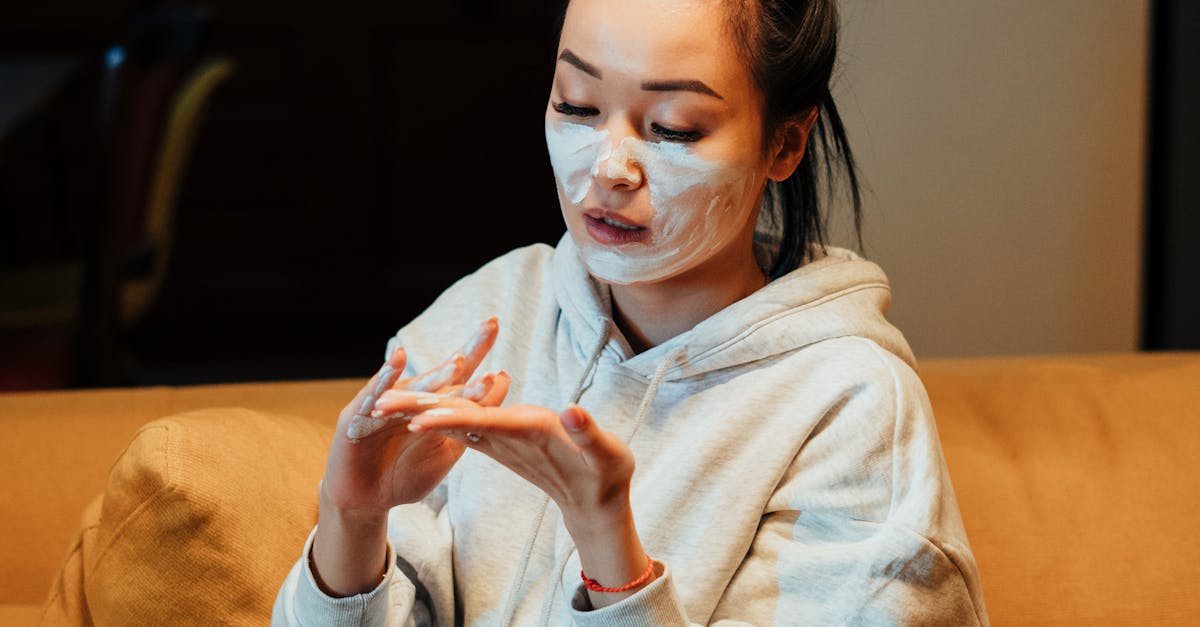
Effective Acne Treatments for Oily SkinLaser hair removal is generally considered a safe and effective method for long-term hair reduction. However, like any cosmetic procedure, there are potential risks involved. One concern that some individuals may have is whether laser hair removal can cause permanent damage to the skin. While rare, there have been cases where individuals experienced adverse effects such as burns, scarring, or changes in skin pigmentation as a result of laser hair removal treatments.
It is important to note that the likelihood of experiencing permanent damage to the skin from laser hair removal is low when performed by a qualified and experienced provider. Factors such as skin type, hair color, and the specific laser used can also play a role in determining the risk of potential side effects. To minimize the risk of permanent damage, it is crucial to follow pre and post-treatment care instructions provided by the practitioner and to disclose any medical conditions or medications that may affect the outcome of the treatment. Undesirable Outcomes With any cosmetic procedure, there is always the risk of undesirable outcomes, and laser hair removal is no exception. One common issue that can arise is hyperpigmentation, where the skin becomes darker in the treated area. This is typically temporary but can be a concern for those with darker skin tones as the contrast between the treated and untreated skin may be more noticeable. help minimize the appearance of acne scars over time. There are different types of chemical peels available, ranging from mild to deep, and the choice of peel depends on the severity of the acne scars and the individual's skin type.Related Links
It is important to note that chemical peels can cause some redness, irritation, and peeling in the days following the treatment. However, these side effects are usually mild and temporary. It is recommended to follow post-treatment care instructions provided by the skincare professional to ensure proper healing and optimal results. Multiple sessions of chemical peels may be needed to achieve the desired outcome, and results are typically gradual and cumulative. Overall, chemical peels can be an effective option for individuals looking to reduce the appearance of acne scars and achieve smoother, clearer skin.Long-Term Results of Laser Hair Removal
Natural Remedies for Acne ReliefUnderstanding the Laser Hair Removal Process
One popular natural remedy for acne relief is tea tree oil. Known for its antibacterial and anti-inflammatory properties, tea tree oil can help reduce acne breakouts and calm irritated skin. It is important to dilute tea tree oil with a carrier oil before applying it to the skin, as using it undiluted can cause skin irritation.
Another effective natural remedy for acne is aloe vera. Aloe vera has soothing and healing properties that can help reduce redness and inflammation associated with acne. Applying a thin layer of pure aloe vera gel to the affected areas can help promote healing and improve the overall appearance of the skin.
Tea Tree Oil Benefits for Oily and AcneProne Skin
Tea tree oil is a natural remedy that has gained popularity for its benefits in treating acne and oily skin. Its antimicrobial properties make it effective in combating the bacteria that contribute to acne breakouts. When applied topically, tea tree oil can help reduce inflammation, redness, and swelling associated with acne, making it a valuable addition to skincare routines for those with oily and acne-prone skin.
In addition to its acne-fighting properties, tea tree oil also acts as a natural astringent, helping to control the production of excess oil in the skin. This can be particularly beneficial for individuals with oily skin, as it helps to mattify the complexion and reduce the appearance of shine. When used consistently and in the appropriate dilution, tea tree oil can be a gentle yet effective treatment for managing acne and keeping oily skin in check.
Yes, natural remedies like tea tree oil have antimicrobial properties that can help combat acne-causing bacteria on oily skin. Using tea tree oil as a spot treatment may help reduce inflammation and prevent breakouts.
Related Links
agementUnderstanding Acne: Causes and Triggers